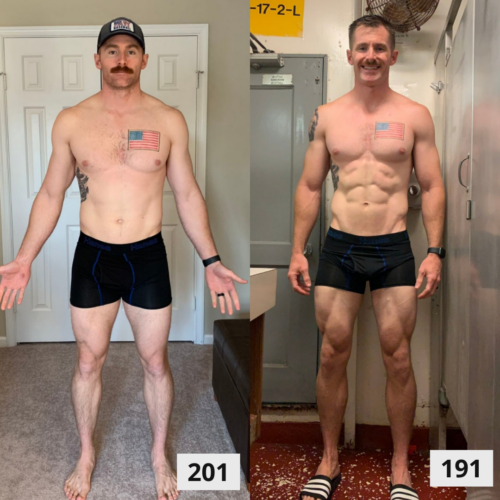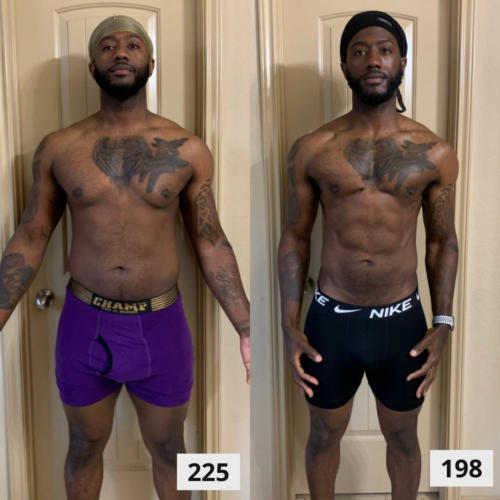Is it OK to Drink Egg Whites?
A question was proposed to me recently from one of my clients.
"Is it ok to drink liquid egg whites?"
The answer to this depends on your definition of "ok." From a safety standpoint, I don't think it is unsafe. However, keep reading for why you probably don't want to.
First of all there is a difference between RAW egg whites (from a whole egg) and LIQUID egg whites (from a carton.) The liquid egg whites are pasteurized, while the raw egg whites are not.
Pasteurization is a process of heating up the egg whites to a temperature of around 115-135 °F (depending on manufacturer) that is sufficient enough to kill salmonella and most other bacteria. So, while it is safe from a probably not getting sick standpoint there are two main reasons why drinking them is not the best idea.
There is a biotin binding protein in egg whites called Avidin. Avidin will remain present in egg whites up to 158-185 °F. Since Avidin binds to biotin it can cause a biotin deficiency when you're drinking liquid egg whites.
From Wikipedia on Avidin:
"A 1966 study published in Biochemical and Biophysical Research Communications found that the structure of avidin remains stable at temperatures below 70 °C (158 °F). Above 70 °C (158 °F), avidin's structure is rapidly disrupted and by 85 °C (185 °F), extensive loss of structure and loss of ability to bind biotin is found.[22] A 1991 assay for the Journal of Food Science detected substantial avidin activity in cooked egg white: "mean residual avidin activity in fried, poached and boiled (2 min) egg white was 33, 71 and 40% of the activity in raw egg white." The assay surmised that cooking times were not sufficient to adequately heat all cold spot areas within the egg white. Complete inactivation of avidin's biotin binding capacity required boiling for over 4 minutes.[23] "
That wraps up reason #1. Pasteurized egg whites (in liquid form) have not been heated sufficiently to destabilize Avidin, the biotin-binding protein and can leave you with biotin deficiency.
Moving into reason #2, bioavailability. There is a research study on protein bioavailability of cooked egg whites vs. raw egg whites (not liquid egg whites....raw egg whites.) The bioavailability of cooked egg whites is about 90% (great.) The bioavailability for raw egg whites is about 50% (not so great.)
Given that this study was performed on raw egg white and not liquid egg whites the question becomes, are liquid pasteurized egg whites more bioavailable than raw egg whites? To my knowledge we don't have any research on this. For this reason it's probably safe to assume that the bioavailability fall somewhere between the two ranges we do know of. Likely somewhere between 50% and 90%.
Wrapping up reason #2. The protein bioavailability of liquid egg whites is *probably* much lower than that in cooked egg whites. Estimate someplace between approximately 50% and 90%.
In summary, if you DO decide you want to drink liquid pasteurized egg whites as a protein source, it is probably in your best interest to also supplement with biotin (because of the Avidin.) It is probably best taken an opposite time period of when you drink your liquid egg whites. Also if you're tracking your protein intake, record the amount of protein as somewhere between 50 and 90% of what you would expect from the liquid egg whites.
Sources:
https://pubmed.ncbi.nlm.nih.gov/9772141/
https://www.sciencedirect.com/science/article/abs/pii/0006291X66906231?via%3Dihub
https://onlinelibrary.wiley.com/doi/abs/10.1111/j.1365-2621.1991.tb05361.x





